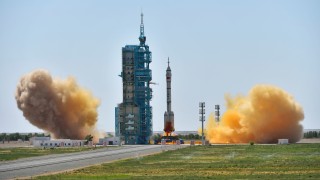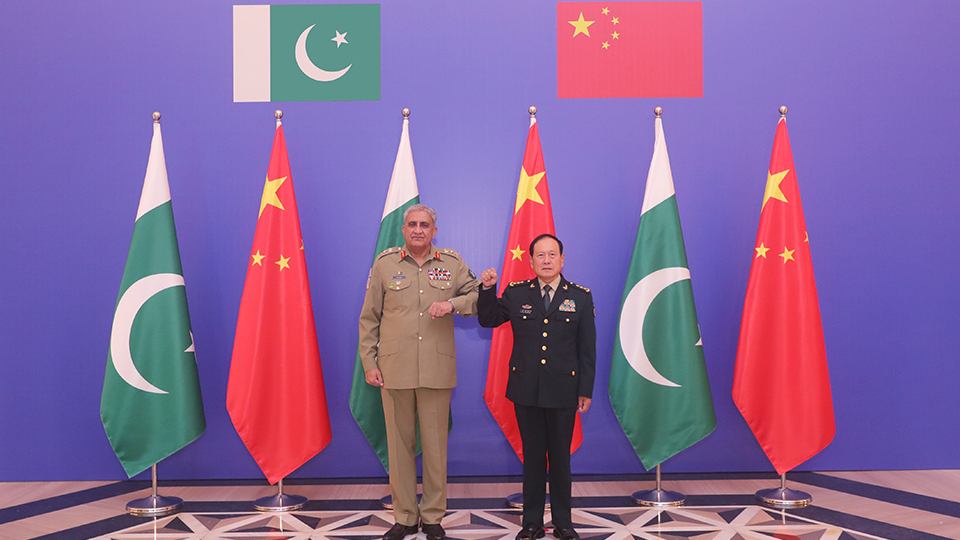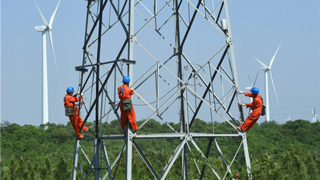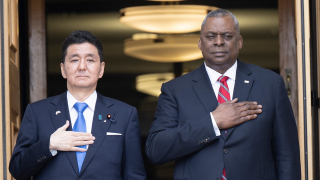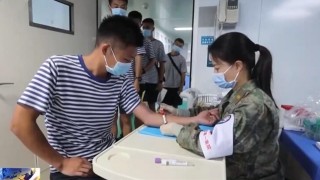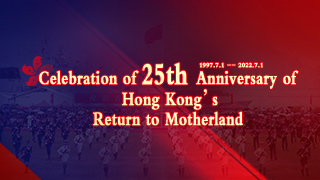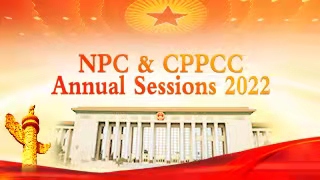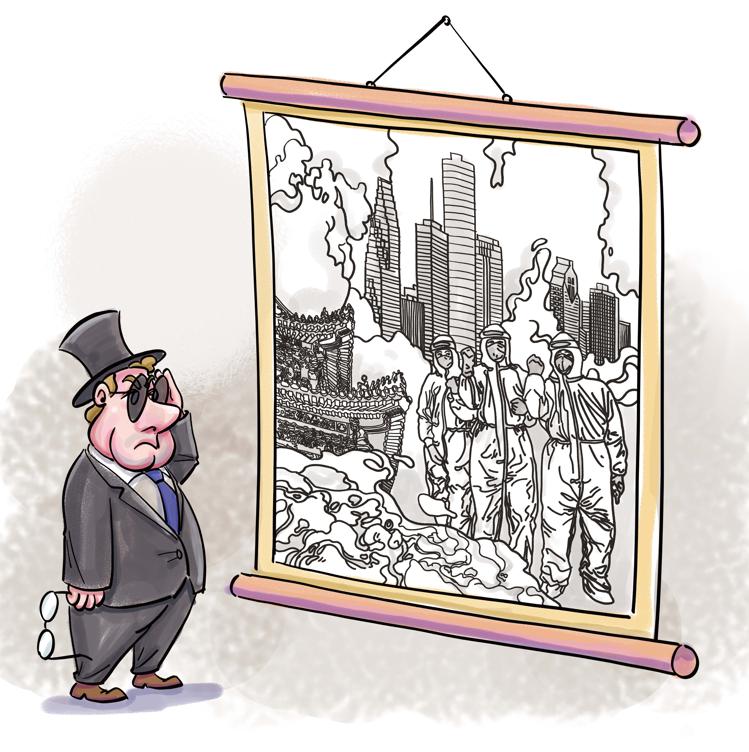
The recent Sixth Plenary Session of the 19th Central Committee of the Communist Party of China adopted an important resolution which reviewed the Party's achievements in the 100 years since its founding, and charted the country's future course of action.
Among the goals set by the sixth plenary session is achieving "common prosperity", which is vital to achieving the Chinese Dream of national rejuvenation.
China's leadership is committed to improving people's "quality of life", by giving them easier access to education, healthcare, and other public services. It is also committed to better protecting the environment and technology of China and the world by strengthening the battle against pollution, which affects everybody, rural or urban, young or old.
The Party's strategy is to stay globally engaged through cooperation and connectivity with the rest of the world, and adapt to the fast changing global economy and political landscape. China is a major player not only in the global economy but also in international affairs, including in helping contain the COVID-19 pandemic.
Although it would be premature for any country to declare victory over the pandemic, it is hard not to marvel at the CPC's success in largely containing the pandemic within China's borders even as the novel coronavirus continues to mutate and rage in many parts of the world. And thanks to the Party's leadership, China has been assisting other countries and international institutions in bringing the pandemic under control.
No wonder John Cobb, founding president of the Institute for the Postmodern Development of China, said recently that even Americans have widely acknowledged that China has handled the pandemic far better than the United States.
At the beginning of the crisis, China said that all countries should help each other and work together for the interests of humankind. At the Eighth Ministerial Conference of the Forum on China-Africa Cooperation in Dakar, Chinese President Xi Jinping promised 1 billion doses of COVID-19 vaccines to Africa. China's global role in resolving the health crisis has been recognized by ordinary people as positive and helpful.
When China implemented strict measures, including lockdowns, to contain the epidemic last year, many Western politicians and media outlets criticized them as "draconian" and "totalitarian". But last month, many Western countries implemented or reintroduced China-style prevention and control measures to cope with another wave of COVID-19 infections. This shows the farsightedness of the Chinese leadership, which the West has acknowledged by imitating China's prevention and control measures.
There are significant differences between the two biggest world powers' approach to the global health crisis. In the US' foreign policy agenda, the health crisis is considered an unexpected opportunity to reduce China's global role in the global supply chains and economic globalization. But there are significant differences between China's position in global economic relations today and the 1990s. Thanks to the CPC's planning, China has a well-built domestic market, rising exports to the emerging and developed countries, high technological development, and the CPC has adopted a strategy of "dual circulation" so the country can be both self-sufficient and connected with the world.
The Party is also more focused on, and has succeeded to a large extent in, strengthening China's economic structure because of its adherence to historical materialism and socialism with Chinese characteristics.
But many Western politicians and media outlets resort to double standard to question the motives behind China's rapid development, which was not the case, say, some 20 years ago. China used to be lauded for being the fastest-growing major economy and the most successful country in implementing reforms, even hailed for being a strong global "stakeholder". But now many Western media outlets, due to their bias against China, blame the country's leadership even when a Chinese province is lashed by heavy rains and floods.
It is shocking that even some Western academics have been parroting their leaders' anti-China rhetoric, and thus helping restore the old Cold War mentality, especially in terms of research and relations between China and the West. "Increasingly, Western scholars are facing pressure to take a critical stand on China, participants in a conference hosted by Utrecht University heard," said an article published in Times Higher Education journal last month, pointing to the efforts to force divisions among academics.
The pandemic has changed the world, making cooperation between countries more difficult even as the US tries to gather more countries to build an anti-China front, which has been harming economic globalization and global peace and stability.
Global competition is not a bad thing by itself, but US-style competition does not appear to be open and fair; it is antidemocratic and biased. As such, it is a significant challenge to world peace, China's global role, and the European Union's promise to be neutral when it comes to dealing with China and the US.
The Party has led China to become a global power and narrow the development gap with the West. And despite the provocations from the West, China continues to be optimistic about global peace. It continues to make efforts to improve the post-Cold War world order, modernize international relations with its projects and work on their emancipation from the unipolarity that appears so outdated for the time we live.
Beijing does not ask any country to take sides between China and the US, because it expects US and EU leaders to do their utmost to make the world a better place by uniting the international community in the fight against common challenges facing humankind including climate change and the COVID-19 pandemic, instead of trying to create schisms by triggering trade wars, sparking conflicts, apportioning blame for every global crisis, and giving calls to boycott events such the Beijing 2022 Winter Olympic Games.
The views don't necessarily reflect those of China Daily.

